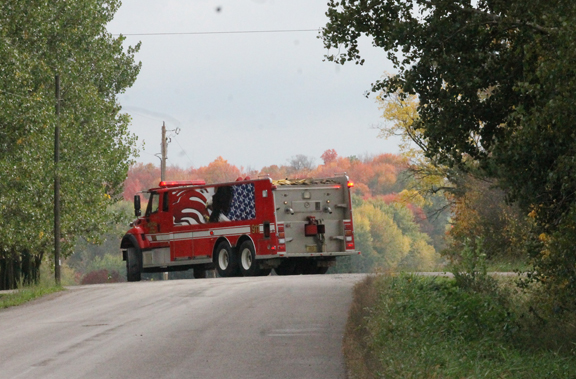Recommendations released to improve water quality
Nearly 3/4 of Wisconsin residents rely on groundwater as the primary source for their drinking water. Wisconsin also relies on groundwater to irrigate crops, water cattle and process a wide variety of foods, as well as feed trout streams and spring-fed lakes – all of which are vital to the state economy.
The Wisconsin Groundwater Coordinating Council (GCC) shared key recommendations for protecting and preserving groundwater resources, with the Wisconsin legislature, in its August 2020 annual report.
The council supports the sustainable management of groundwater quantity and quality in the state, necessary to ensure that water is available to be used, while protecting and improving health, economy and environment, now, and into the future.
New challenges and new ideas continue to warrant the GCC’s collaborative approach.
Three of the key recommendations found in the report address some of the most prevalent issues in Wisconsin water quality, including the following:
• Protecting groundwater from nitrate and other agricultural contaminants.
• Addressing public health and environmental concerns, regarding perfluoroalkyl and polyfluoroalkyl (PFAS) chemicals.
• Evaluating groundwater for viruses and other microbial pathogens.
Areas of the state with a greater density of agriculture, generally have a higher frequency of nitrate and pesticide detection, especially in areas of the state with vulnerable geology and soils. The report recommends supporting research assessing conservation plans, that identify and encourage the use of alternate cropping, and nutrient management practices that minimize agricultural nitrogen losses to groundwater.
The council also recommends developing an outreach program to encourage full implementation of these plans.
PFAS chemicals have been detected in drinking water and groundwater in Wisconsin. The report highlights the water quality challenges posed by PFAS.
The council recommends establishing PFAS groundwater enforcement standards, and continuing to identify PFAS sources and their potential impacts, to groundwater and the environment. The GCC also supports the Wisconsin PFAS Action Council (WisPAC), in developing and coordinating statewide initiatives around PFAS.
Viruses and other microbial pathogens, have been found in municipal and domestic wells, challenging previous assumptions about their persistence and transport. Identifying where, and when, pathogens pose threats to human health, is fundamental to improving drinking water quality.
The council recommends working with partners to increase awareness of waste disposal practices, their risks and costs.
The 2020 report also highlights the need for increased support of applied groundwater research, to protect and preserve valuable groundwater resources. Wisconsin is recognized as a national leader in groundwater research, largely because of the wellestablished joint solicitation process coordinated by the GCC.
Increased funding could be used to address emerging groundwater contaminant concerns, such as PFAS.
The GCC was formed in 1984, to help state agencies coordinate activities and exchange information on groundwater.
For more information, visit dnr.wi.gov.



